
5 foods that damage your thyroid (they look healthy)
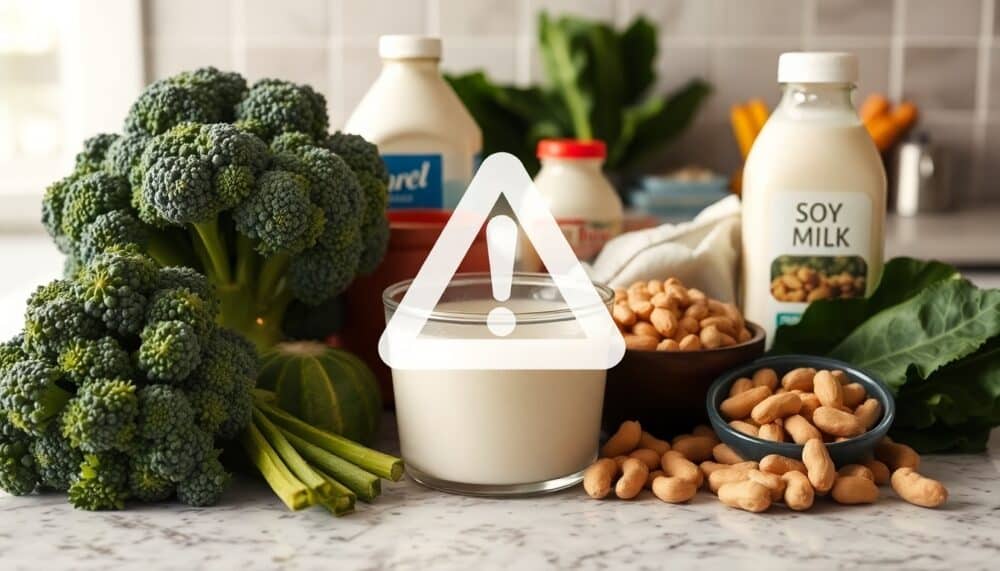
Have you ever stopped to consider that some of the “healthiest” foods in your kitchen could actually be silently harming your thyroid—especially if you’re over 60? It’s a startling thought, but it’s true. And I’m not talking about the usual suspects like sugar, processed snacks, or junk food. The foods I’m about to reveal are ones most people believe are beneficial. Surprisingly, the fourth item is a common staple in almost every “healthy” diet, while the fifth one even shocks experienced nutritionists.
Think of your thyroid as your body’s thermostat. When it’s functioning properly, it keeps everything in balance: your energy levels are steady, your weight remains stable, and your mind feels sharp. But what happens when that thermostat begins to fail? Suddenly, everything shifts. You feel drained even after a full night’s sleep. You feel chilly when everyone else is comfortable. Your hair seems to fall out more, and your memory becomes fuzzy. Does any of this sound familiar?
The reality is that after 60, this internal thermostat becomes far more fragile. Years of natural wear and tear reduce the thyroid’s margin for error, making it more susceptible to disruption. The most common condition is hypothyroidism, where the thyroid slows down—as if the thermostat is stuck on “energy-saving mode.” While this condition affects more women than men, men aren’t immune. Consider this: about one in five women over 60 has some form of thyroid problem, often without realizing it because the symptoms can be easily mistaken for normal aging fatigue. That’s why certain foods, even extremely healthy ones, can act as a silent brake on your thyroid at this stage of life.
(Insights from Dr. Alberto Sanagustín)
Key Takeaways
-
Certain popular “health foods,” such as raw cruciferous vegetables, soy, and millet, contain compounds called goitrogens, which can interfere with thyroid hormone production.
-
The risk of these foods impacting your thyroid increases after 60, when nutrient absorption declines and the gland is more vulnerable.
-
How you prepare and time your food—like cooking versus eating raw, or eating in relation to thyroid medication—can dramatically affect your thyroid health.
-
You don’t need to completely eliminate these foods, but consuming them strategically is essential, especially if you have a thyroid condition.
1. Raw Cruciferous Vegetables (Broccoli, Kale, Cauliflower)
This is the superstar of healthy diets, and chances are you already have some in your fridge. Broccoli, kale, and cauliflower are praised for their fiber, vitamins C and K, and cancer-fighting compounds like sulforaphane. They’re the straight-A students of nutrition.
However, when eaten raw, they contain goitrogens, substances that can interfere with your thyroid’s ability to absorb iodine—its raw material for hormone production. Imagine your thyroid as a factory: goitrogens act like a plug blocking essential supplies from getting in. Young, healthy thyroids can compensate easily, but after 60, this silent inhibition can have a real effect.
One patient I treated, a woman in her 60s with hypothyroidism, experienced extreme fatigue, cold intolerance, and hair loss despite taking her medication faithfully. Her daily ritual? A green smoothie loaded with raw kale, broccoli, and spinach. Her “healthy” smoothie was inadvertently sabotaging her thyroid every day.
✅ Solution: Cook your cruciferous vegetables. Boiling destroys about 90% of goitrogens, while steaming or sautéing reduces them by 30–60%. Enjoy them two to three times a week, but always cooked. That way, you reap all the antioxidant benefits without harming your thyroid.
2. Soy and Soy Products
Soy seems like the perfect plant-based protein—found in tofu, soy milk, tempeh, and edamame—but it contains isoflavones, which can interfere with a thyroid enzyme called TPO, critical for hormone production. Imagine trying to start a car with no spark—the engine won’t run. That’s what soy can do to the thyroid.
Additionally, soy can interfere with levothyroxine absorption. I’ve treated patients whose TSH remained high for months simply because they drank soy milk immediately after their thyroid medication.
✅ Solution: If you take thyroid medication, wait at least four hours after your pill before consuming soy. If you’re not on medication, moderate soy intake (2–3 times per week) is usually safe. Consider swapping soy for legumes like lentils, chickpeas, or quinoa for reliable plant-based protein.
3. Cassava (Yuca)
Cassava, also called yuca or manioc, is a staple in many cuisines. While it provides fiber and energy, it contains cyanogenic glycosides, which release tiny amounts of cyanide that compete with iodine. This can interfere with thyroid hormone production, especially in older adults with borderline iodine intake.
One patient from Ecuador ate cassava multiple times per week. Although it had been fine for her younger years, after 65 her hypothyroidism worsened because her thyroid could no longer compensate.
✅ Solution: Occasional, well-cooked cassava is fine. Reduce frequency, cook it thoroughly, and use iodized salt. For everyday carbs, choose potatoes, sweet potatoes, or pumpkin.
4. Peanuts and Peanut Butter
Peanuts are a convenient, protein-rich snack. But like cruciferous vegetables, they contain goitrogens that can interfere with iodine uptake. Daily peanut consumption, particularly in concentrated forms like peanut butter, may raise TSH in those with hypothyroidism.
✅ Solution: Enjoy peanuts occasionally. Switch daily peanut butter to alternatives like almond or hazelnut butter, and reserve peanuts for a treat.
5. Millet: The “Healthy” Grain
Millet is celebrated as gluten-free, mineral-rich, and ancient—but it contains goitrin, a goitrogen that cooking cannot neutralize. If millet is a dietary staple, it can significantly hinder thyroid function, particularly in areas with low iodine intake.
✅ Solution: Avoid millet or eat it very sparingly. Safe gluten-free alternatives include quinoa, brown rice, buckwheat, and amaranth.
A Crucial Note on Thyroid Medication
Even with a perfect diet, thyroid medication can fail if taken incorrectly. Levothyroxine should be taken on an empty stomach with water only, waiting 30–60 minutes before eating. Coffee, high-fiber foods, nuts, dairy, or supplements like calcium and iron can block absorption.
One patient improved dramatically by simply waiting an hour after his pill before breakfast—TSH normalized, and fatigue disappeared.
Conclusion: Balance and Wisdom
Certain healthy foods can indeed slow your thyroid after 60, but you don’t need to avoid them entirely. Understanding how and when to consume them—cooking vegetables, spacing soy, and timing your medication—allows your thyroid to function like a finely tuned thermostat, regulating energy and vitality.
Use iodized salt regularly, but avoid iodine supplements without medical supervision. Health is not about prohibition—it’s about balance, awareness, and smart choices.
News in the same category


Euphorbia Hirta: 30 Benefits and How to Use It Safely
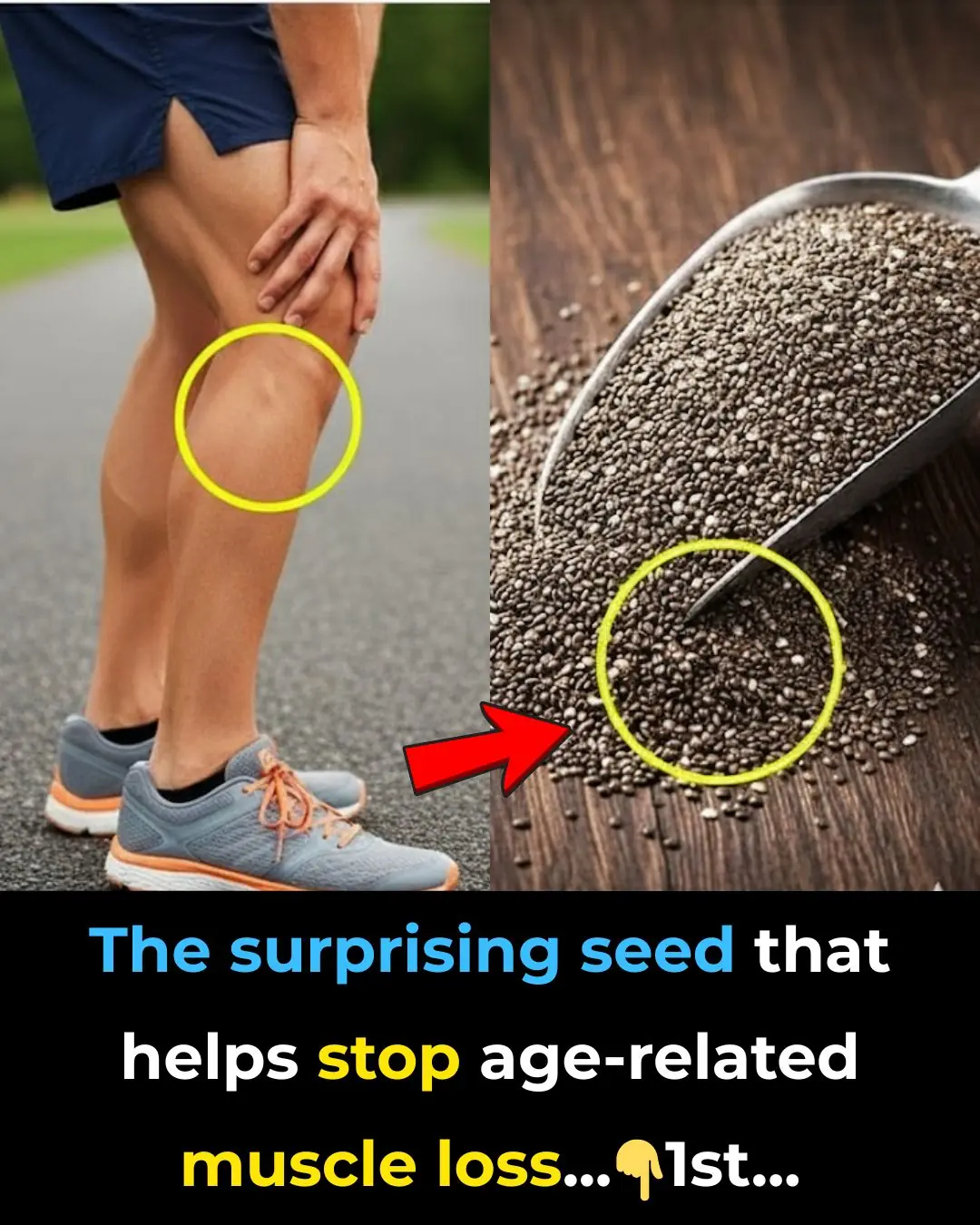
The surprising seed that helps stop age-related muscle loss

11 Benefits of Drinking Okra Water Every Day

Growing Kiwi Trees at Home: A Guide for Pot Cultivation

Dandelion roots are the most important part of the plant

Red Onion for Hair Growth: How This Overlooked Natural Remedy Can Stop Hair Fall and Boost Thickness Fast

Ginger, Clove, and Honey: The Natural Trio Your Body Will Thank You For

Papaya Leaves and Onion Juice: The Secret Elixir for Rapid Hair Growth and Amazing Thickness
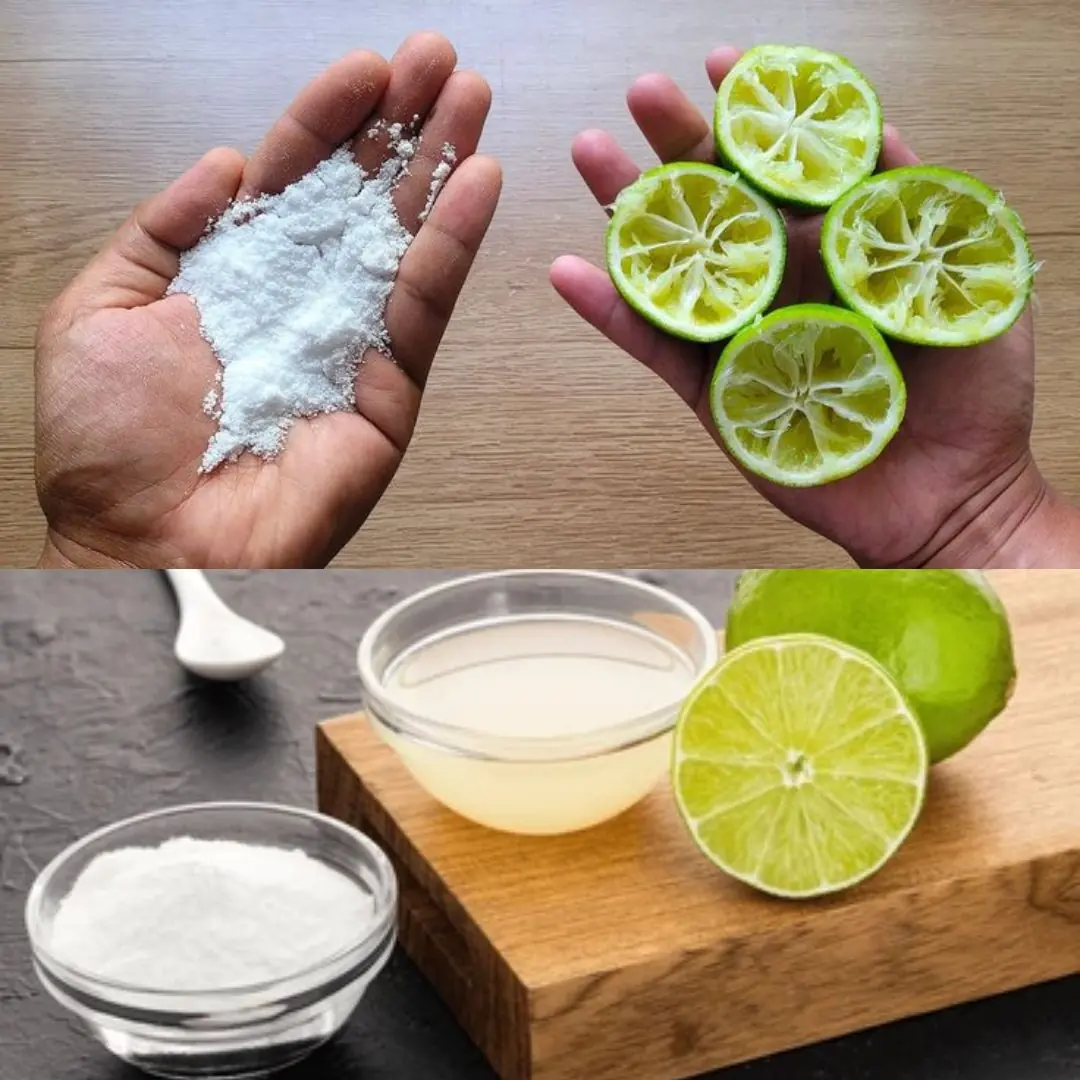
Homemade Lemon Peel Cleaners: Two Powerful Recipes for a Spotless Home

Nourish & Revitalize: How Guava Leaf, Aidan Fruit, and Okra Support Women’s Health

Aloe Vera Super Remedy: Stronger Than Garlic, Lemon, and Fights Bacteria & Fungi Naturally
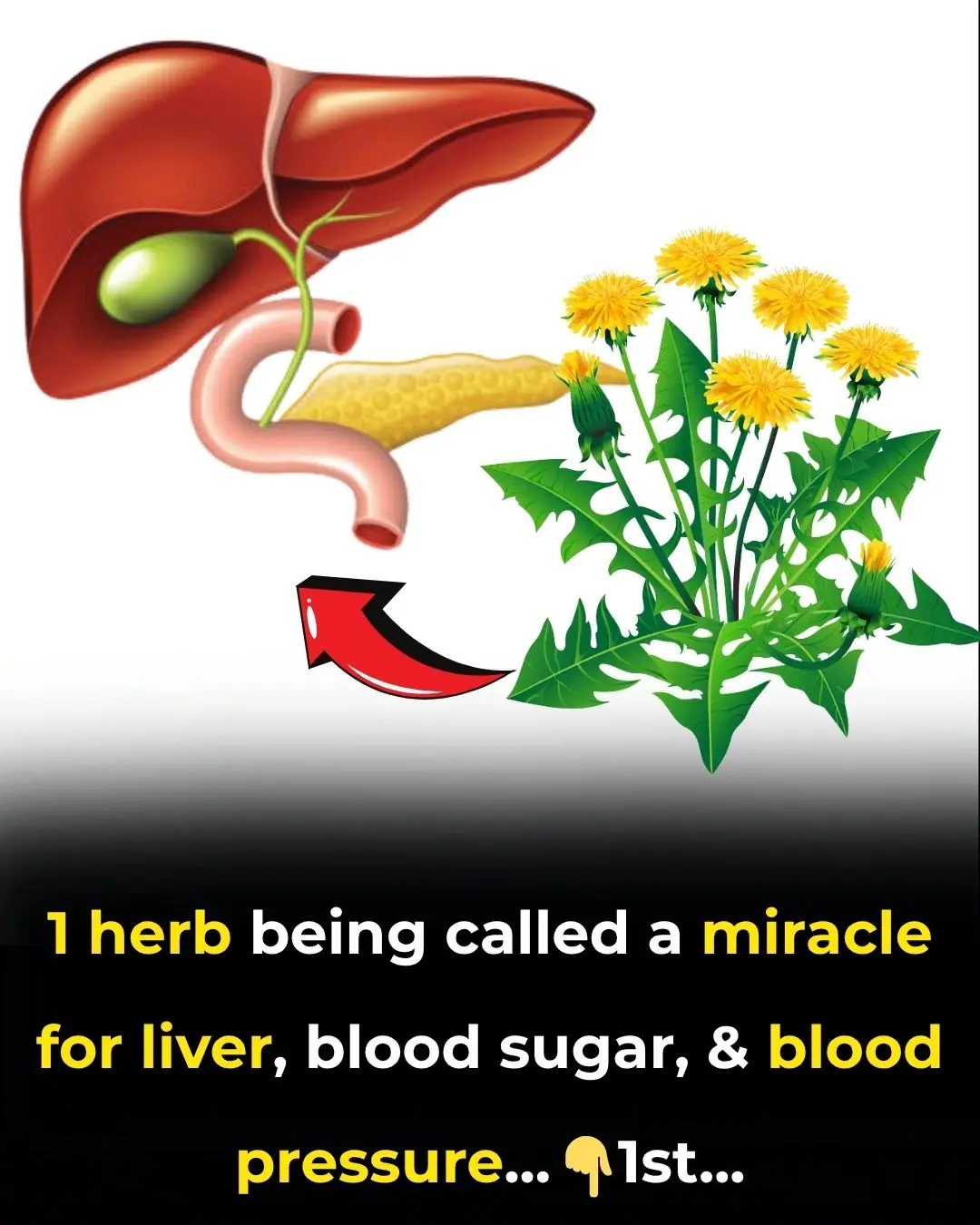
1 herb being called a miracle for liver, blood sugar, and blood pressure
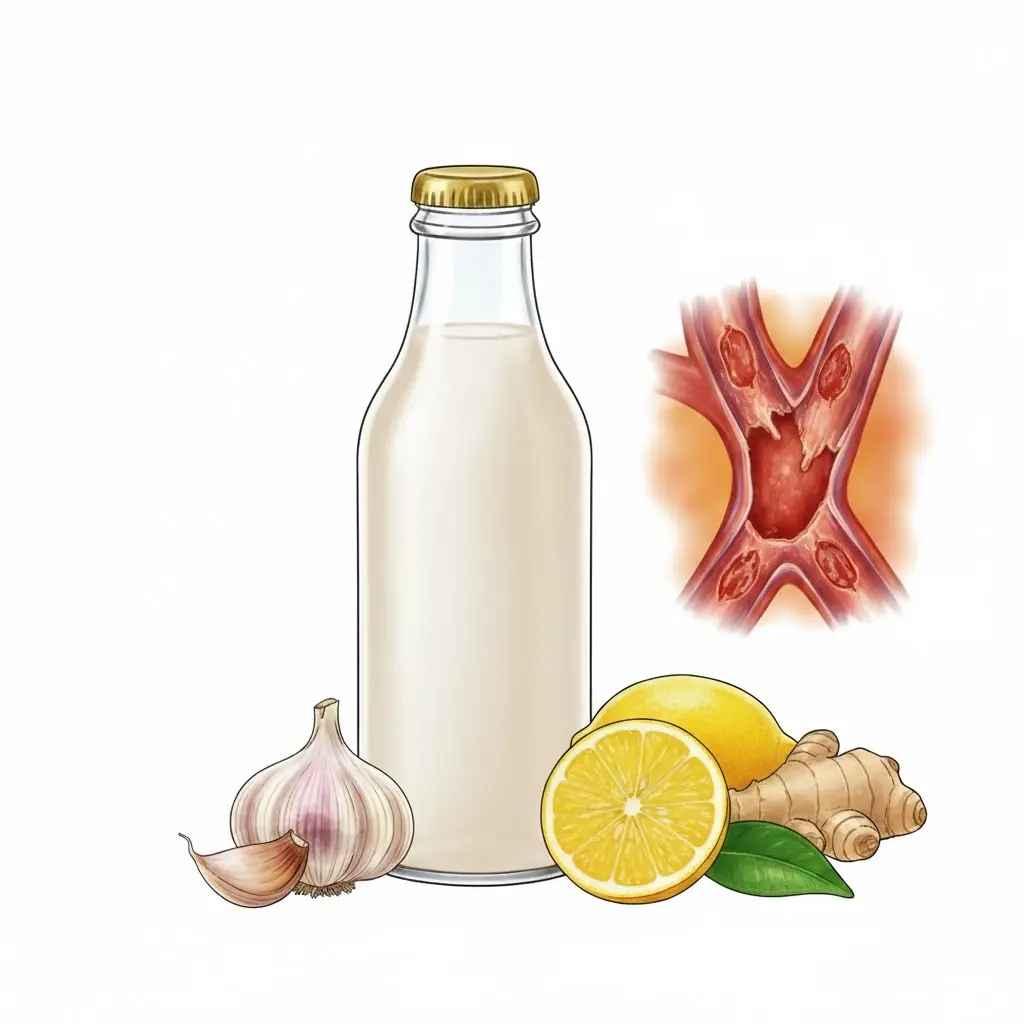
Natural Artery-Cleansing Drink: A Powerful Home Remedy for Heart Health

7 Natural Home Remedies to Whiten Your Teeth at Home

Benefits of Grapefruit Peel

Cinnamon, Garlic, and Aloe Vera Drink: A Natural Blend That May Boost Immunity

Honey, Lemon, Onion, Garlic & Ginger: The Daily Spoonful That Works Wonders
News Post

Sharp Pain in Ear: Causes, Treatments and When to See a Doctor

Each Tooth Is Associated With An Organ In The Body – Pain In Each Tooth Can Predict Problems In Certain Organs

Here’s the secret why everyone puts avocados on the fire!

Amazing vitamin can help stop cancer growth and this is how much you need

Euphorbia Hirta: 30 Benefits and How to Use It Safely

THE BEST HOME REMEDIES THAT END CONSTIPATION FAST AND NATURALLY

Lady places cup of vinegar into microwave. Here’s the genius reason why

Say Goodbye to Diabetes, Fatty Liver, and Joint Pain with This Powerful Remedy!

My nana taught me this hack to remove hard water stains in 2 mins with 0 work. Here’s how it works

🕷️ Little Black Bugs in the Bathroom? Here’s What They Are & How to Get Rid of Them for Good

Choose a Nail to Discover What Kind of Woman You Are

Never Do These 15 Things for a Man (Even If You’re Madly in Love With Him)

11 Surprising Benefits of The Miracle Leaf of Life

What an Unusual Odor in the Intimate Area Reveals: Signs You Shouldn’t Ignore

Stop wasting freezer space on these 10 foods
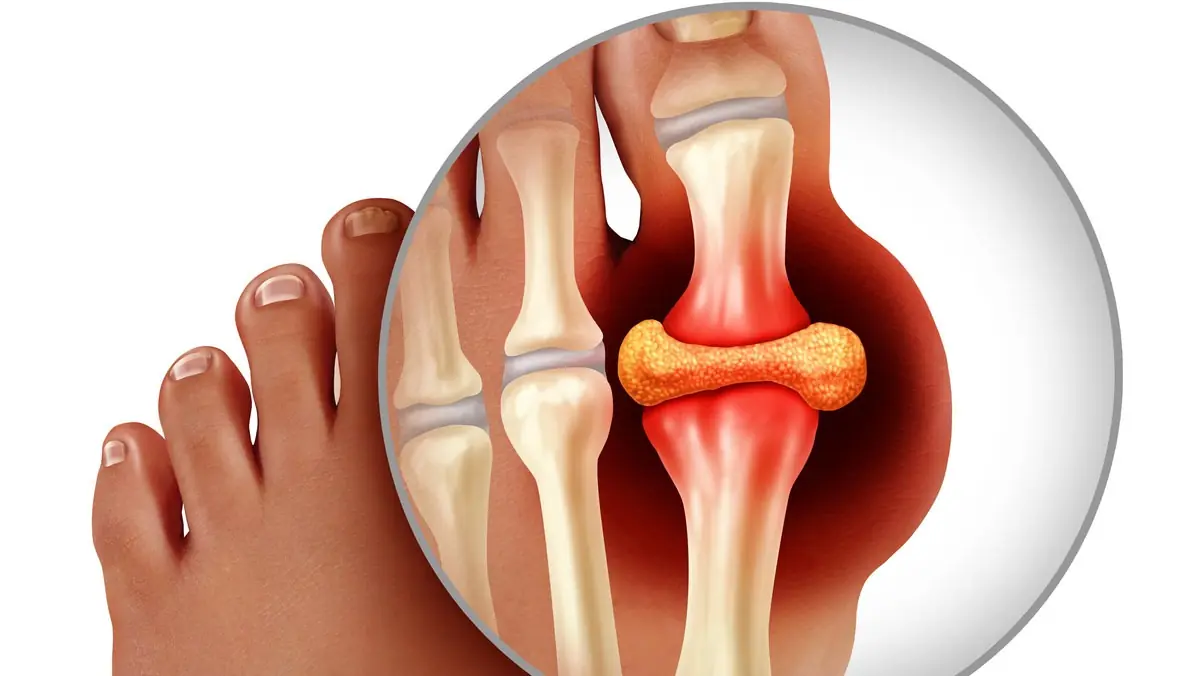
HIGH URIC ACID? SEE THE WARNING SIGNS & RELIEF TIPS

Prepare ginger this way to prevent cancer, reduce cholesterol and lower blood sugar levels!

You are doing it all wrong. Here's the right way to use your dryer
